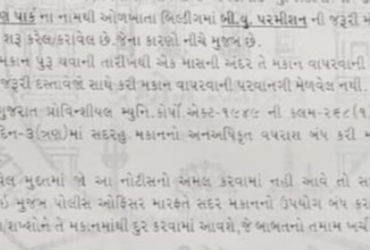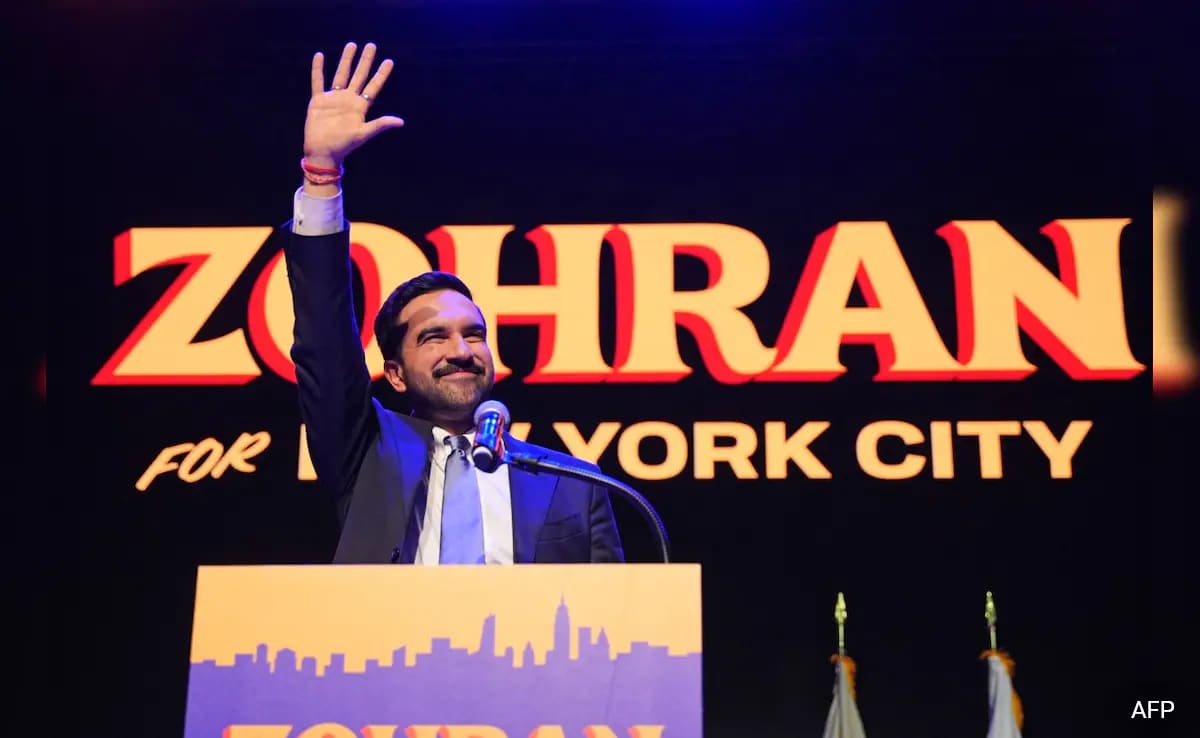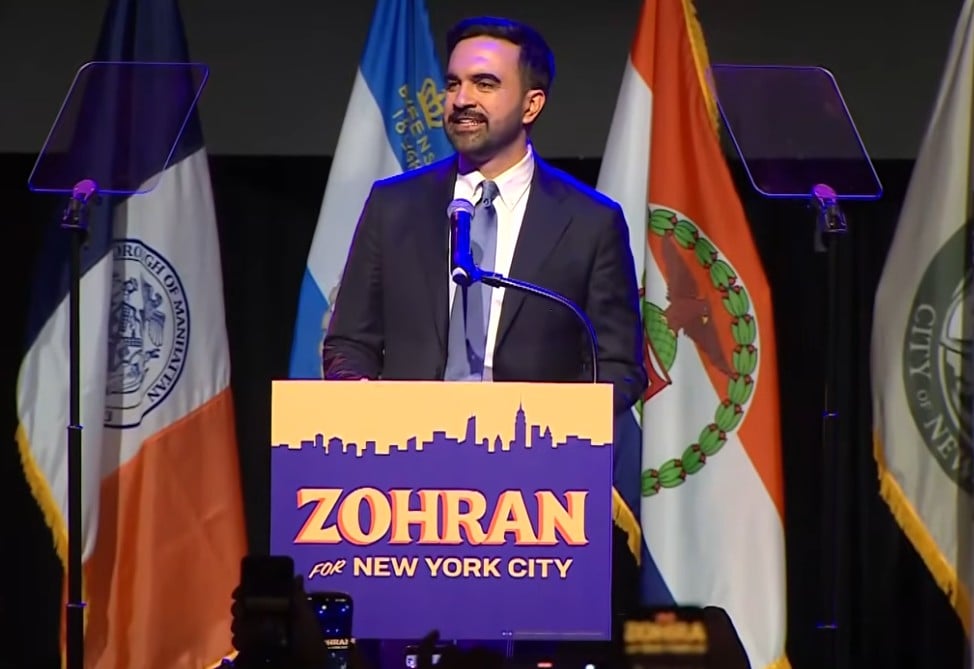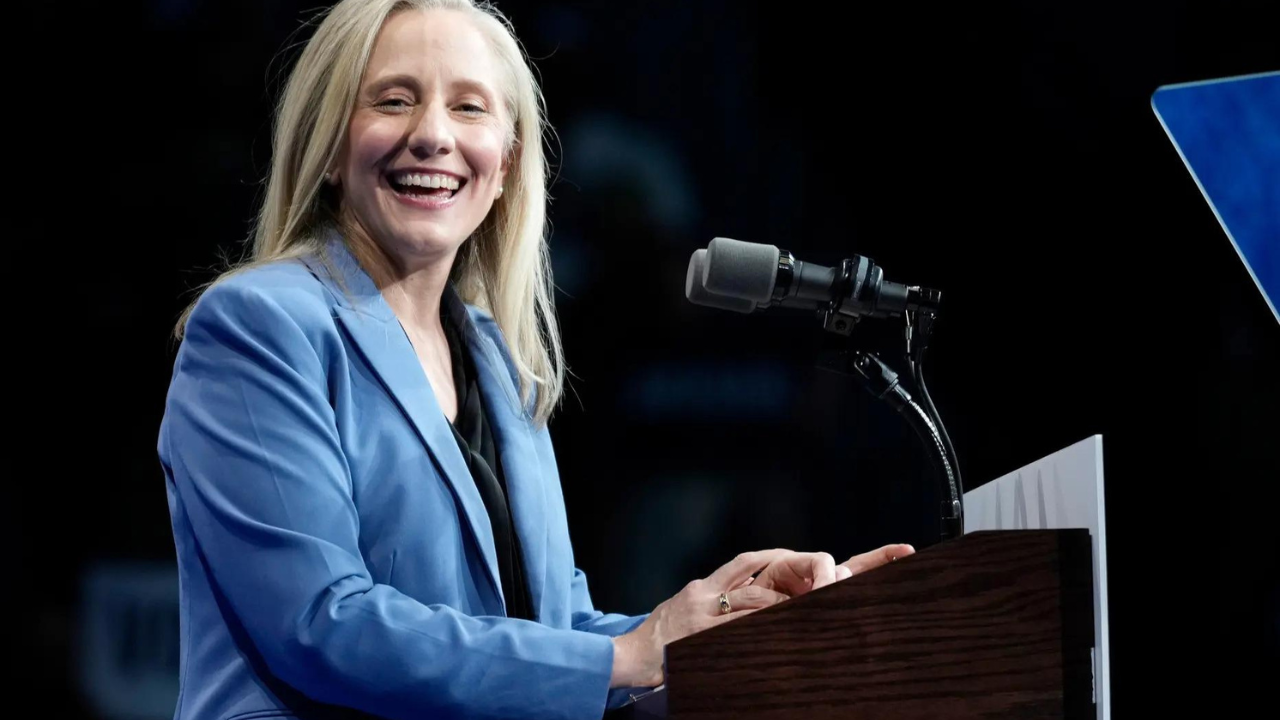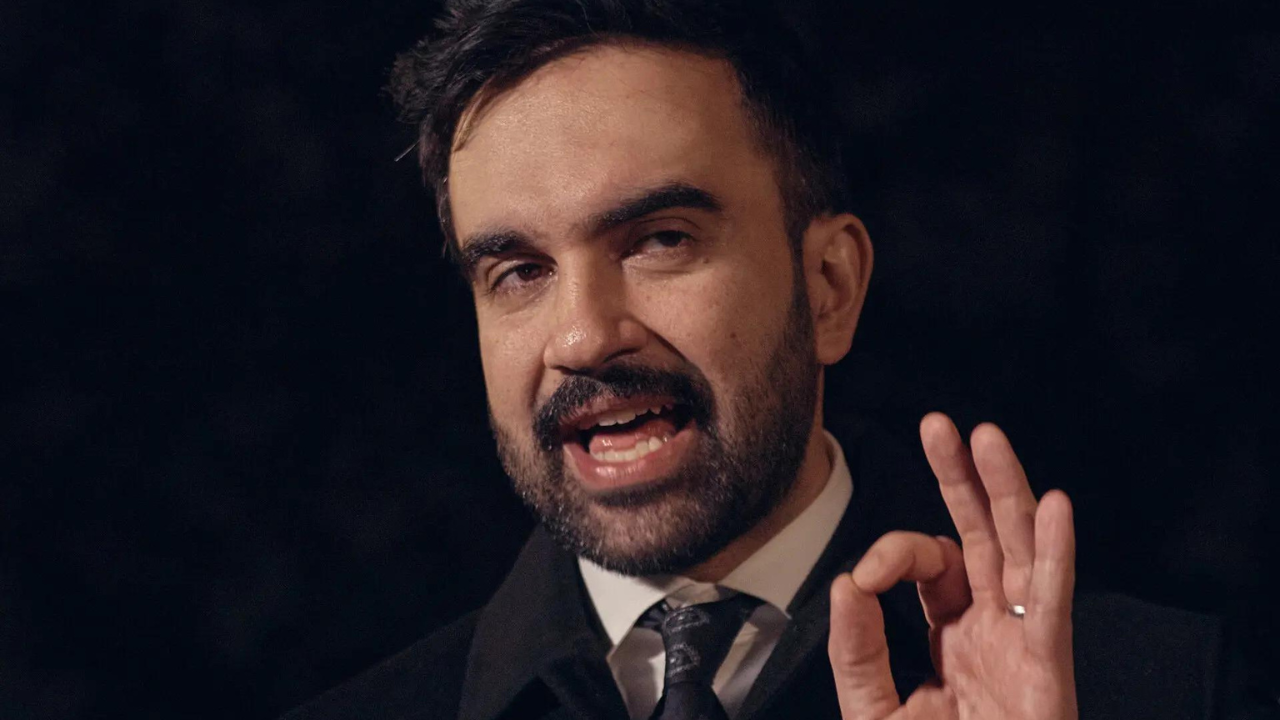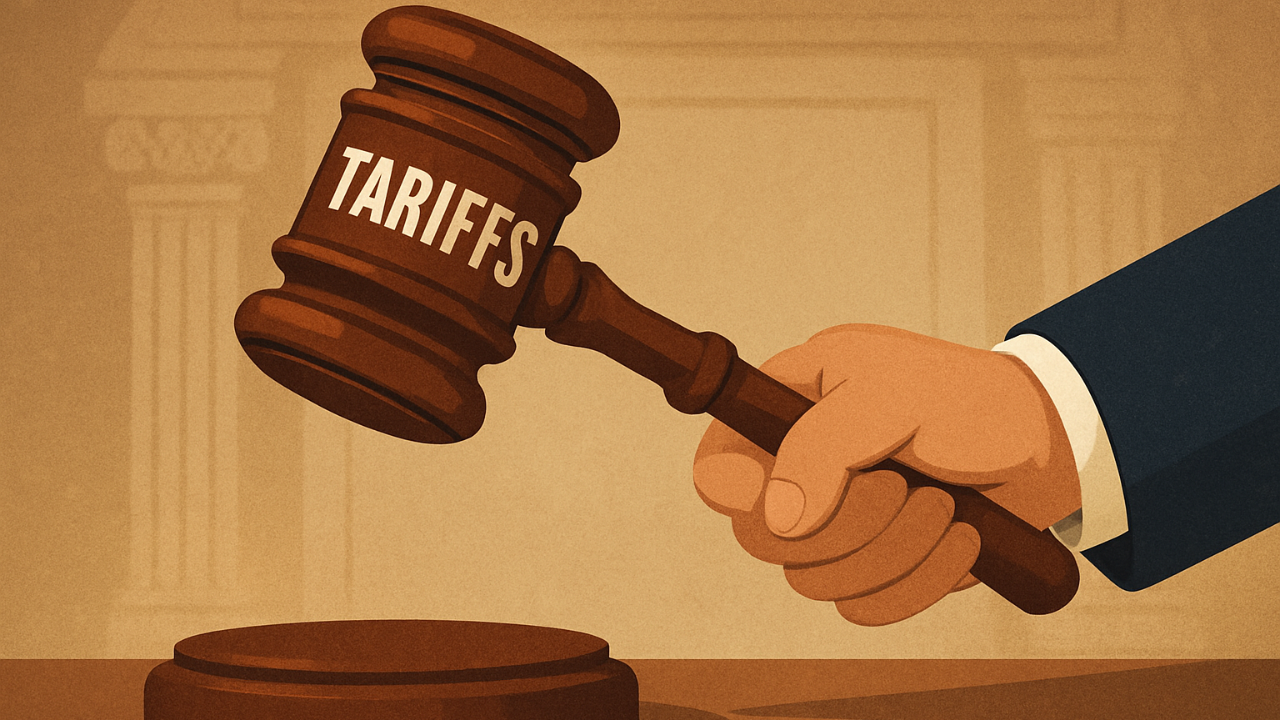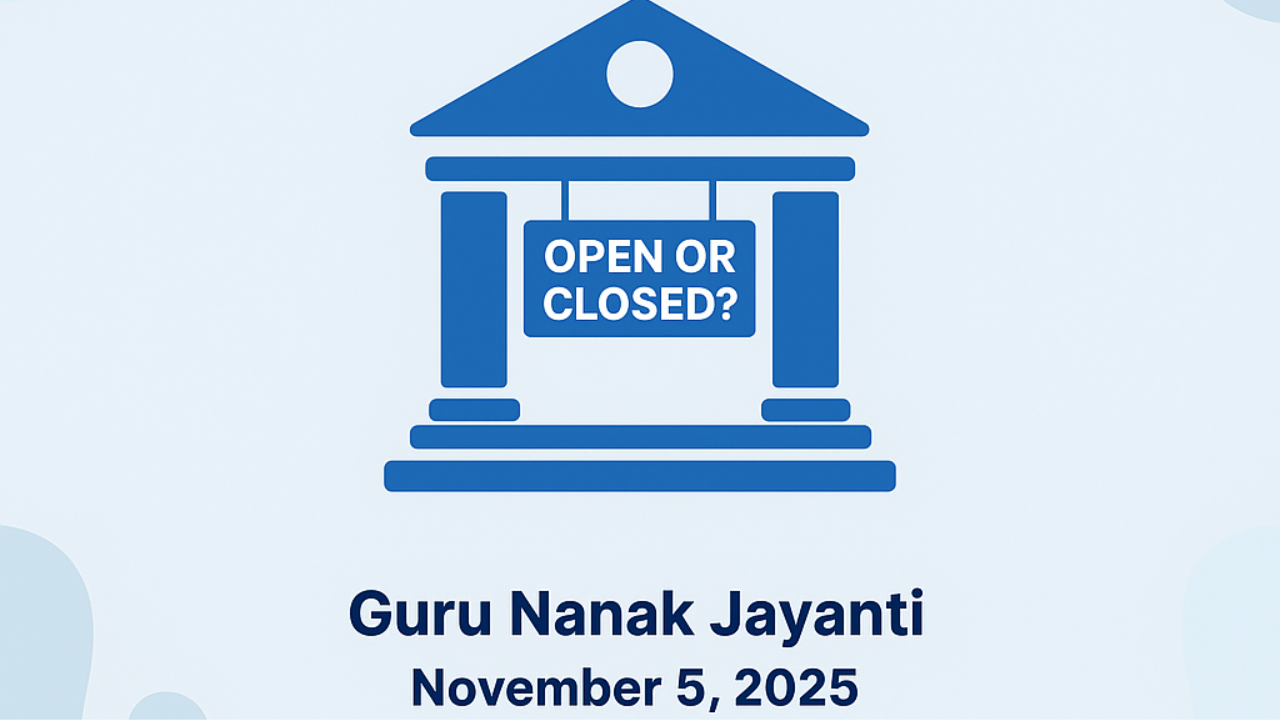Inside Dunzo’s disastrous demise

Join our WhatsApp Community to receive travel deals, free stays, and special offers!
- Join Now -
Join our WhatsApp Community to receive travel deals, free stays, and special offers!
- Join Now -

This article was originally published in Rest of World, which covers technology’s impact outside the West.
India’s booming quick-commerce sector saw a major casualty earlier this year.
Dunzo, the first Indian startup to receive a direct investment from Google in 2017, shut down in January, leaving hundreds of consultants, vendors, employees, and delivery workers unpaid. Rest of World spoke to Dunzo’s former employees, investors, and industry experts, who revealed how mismanagement, operational challenges, and fierce competition led to its demise.
Indeed, there are flaws embedded in the very concept of fast commerce that have taken down many players. “Most of these models such as quick commerce are thriving due to investor funding and cheap labour,” Yugal Joshi, partner at global tech research and advisory firm Everest Group, told Rest of World. “Though they have a revenue model of charging delivery fees, most of their value is through loss leadership.”
Dunzo’s CEO, Kabeer Biswas, declined to comment. Rest of World also reached out to other Dunzo founders and its key investors Reliance and Google, but received no response.
Dunzo was launched in 2014 as a WhatsApp-based, concierge-style pick-up and drop-off service. Its agents would, for instance, collect laundry, buy and deliver ingredients for a meal, or bring the wallet a user forgot at home to their office.
The company’s steady growth...
What's Your Reaction?
 Like
0
Like
0
 Dislike
0
Dislike
0
 Love
0
Love
0
 Funny
0
Funny
0
 Angry
0
Angry
0
 Sad
0
Sad
0
 Wow
0
Wow
0



